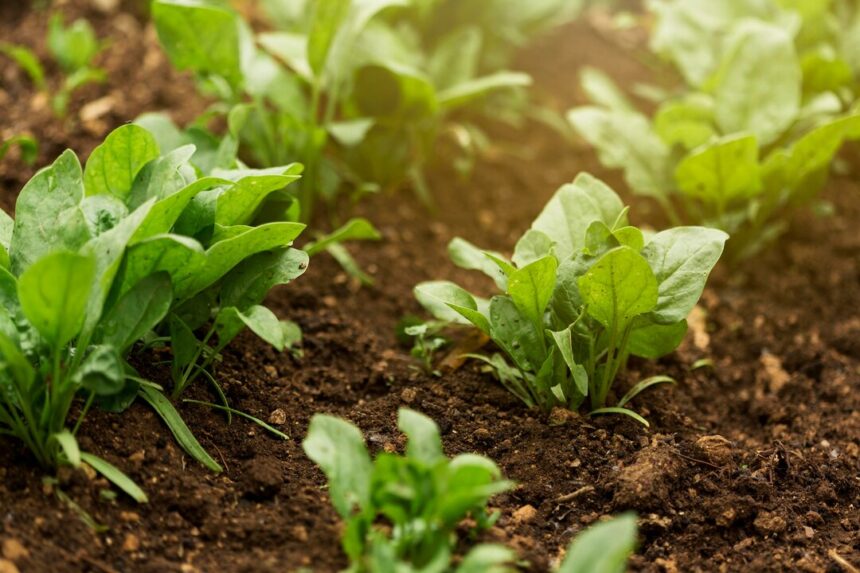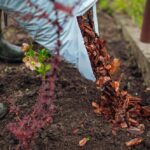Vegetable gardening is not just about planting seeds and waiting for the harvest; it’s a rewarding journey that requires careful planning, nurturing, and dedication. Whether you’re a novice gardener or have some experience under your belt, mastering the art of vegetable gardening can be a fulfilling endeavor. Here are some essential tips to help you achieve success in your vegetable garden:
1. Start with the Right Location:
Choose a spot in your yard that receives at least 6-8 hours of sunlight per day. Most vegetables thrive in full sun, so selecting a sunny location is crucial for optimal growth and yield.
2. Prepare the Soil:
Good soil is the foundation of a successful vegetable garden. Before planting, enrich the soil with organic matter such as compost or aged manure to improve its texture, fertility, and water retention.
3. Select the Right Vegetables:
Choose vegetables that are well-suited to your climate and growing conditions. Consider factors such as temperature, sunlight, and soil type when selecting which vegetables to grow in your garden.
4. Plan Your Garden Layout:
Design your garden layout carefully, taking into account the space requirements of each vegetable and allowing for proper spacing between rows and plants. Consider using raised beds or containers to maximize space and facilitate easier maintenance.
5. Practice Crop Rotation:
Rotate your crops each year to prevent soil depletion and reduce the risk of pests and diseases. Avoid planting vegetables from the same family in the same spot year after year to maintain soil health and productivity.
6. Provide Adequate Watering:
Consistent watering is essential for healthy plant growth. Water your vegetable garden deeply and regularly, especially during hot weather or periods of drought. Avoid overhead watering to minimize the risk of disease.
7. Mulch Your Garden Beds:
Apply a layer of mulch to your garden beds to conserve moisture, suppress weeds, and regulate soil temperature. Organic mulches such as straw, shredded leaves, or grass clippings also enrich the soil as they break down over time.
8. Control Weeds and Pests:
Keep weeds in check by regularly removing them from your garden beds. Consider using organic weed control methods such as hand-weeding or mulching to minimize the need for chemical herbicides. Monitor your garden for signs of pests and diseases and take appropriate measures to control them, such as using insecticidal soap or beneficial insects.
9. Provide Support for Climbing Plants:
Many vegetable plants, such as tomatoes, cucumbers, and peas, benefit from support structures such as trellises, stakes, or cages. Providing support helps keep the plants off the ground, improves air circulation, and makes harvesting easier.
10. Harvest at the Right Time:
Harvest your vegetables at their peak ripeness for the best flavor and nutritional value. Different vegetables have different harvesting times, so be sure to familiarize yourself with the optimal harvesting window for each crop.
By following these tips for successful vegetable gardening, you can create a productive and bountiful garden that provides you with fresh, homegrown produce throughout the growing season. Remember to observe your garden regularly, adjust your care practices as needed, and enjoy the process of nurturing your plants from seed to harvest. With a little patience and dedication, you’ll be well on your way to becoming a successful vegetable gardener.









